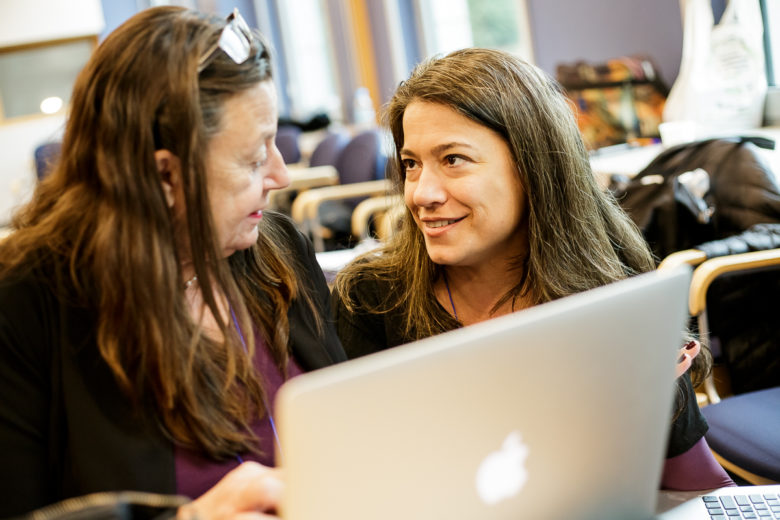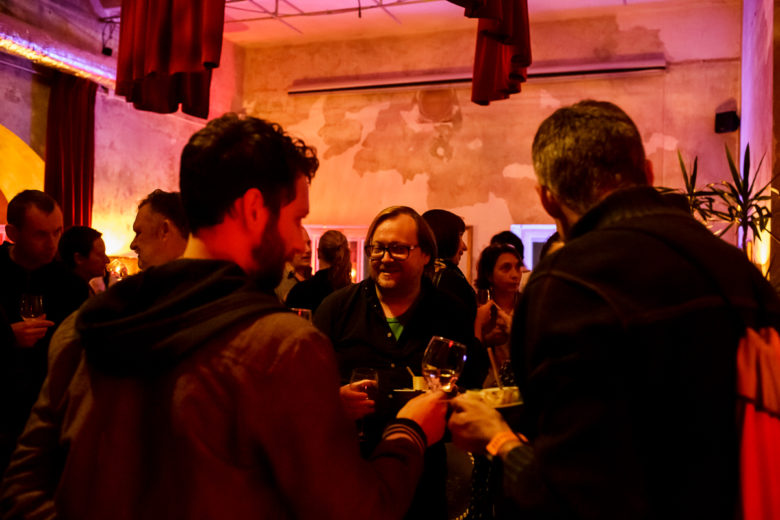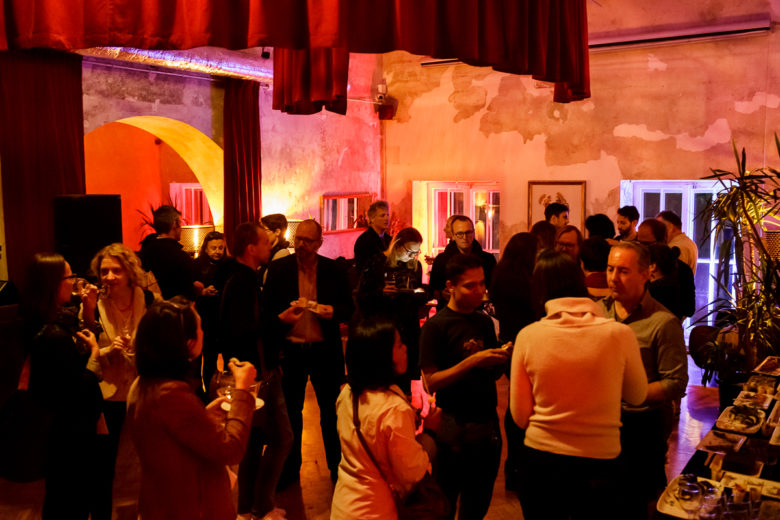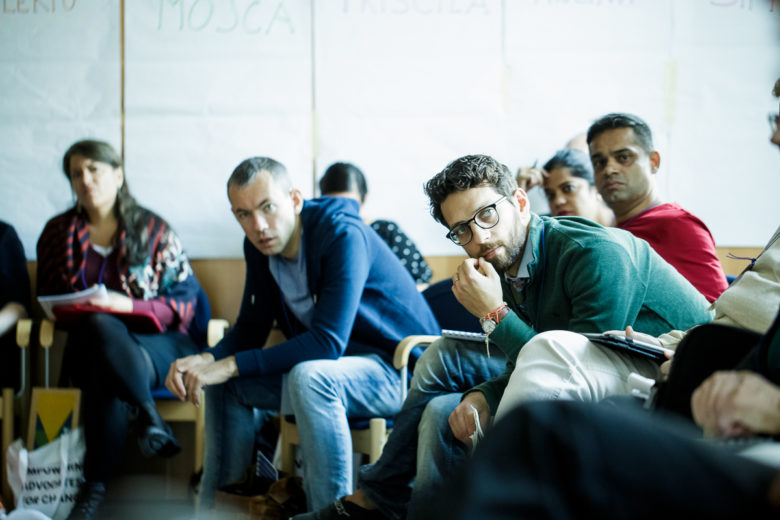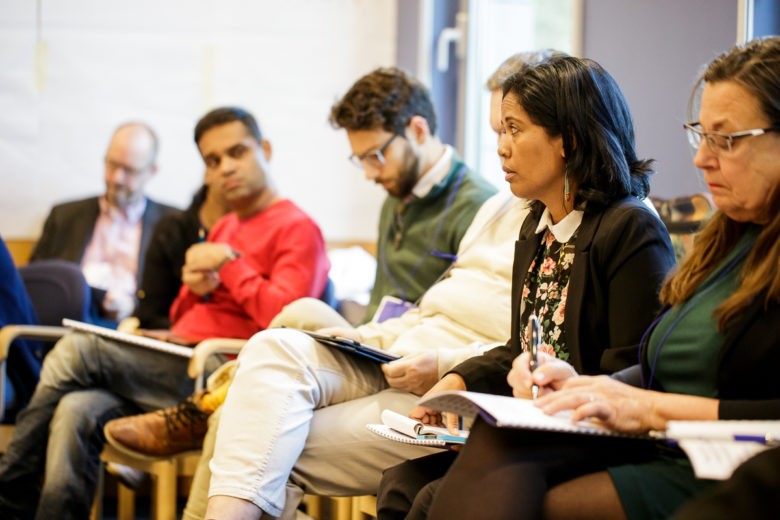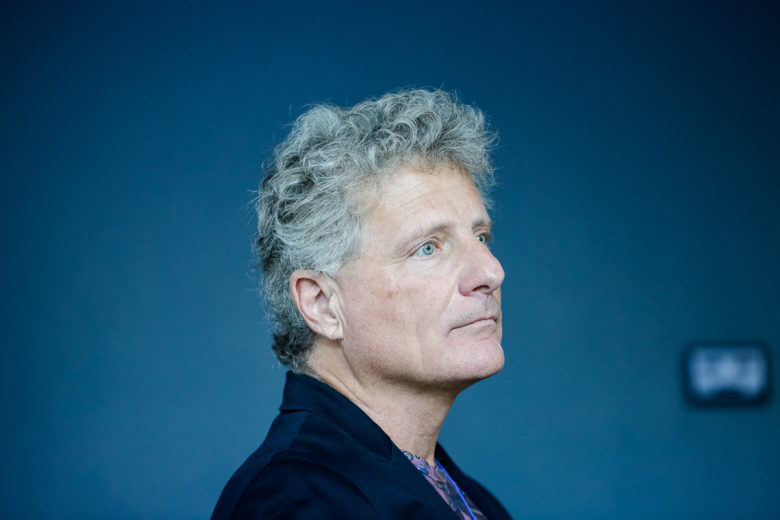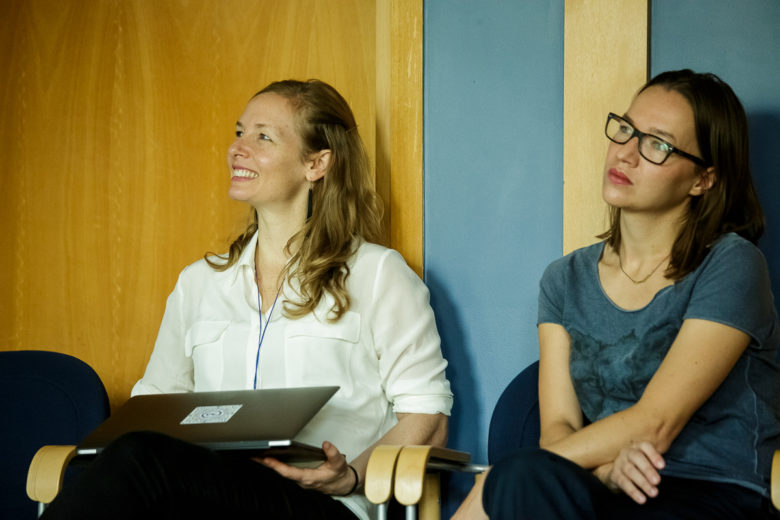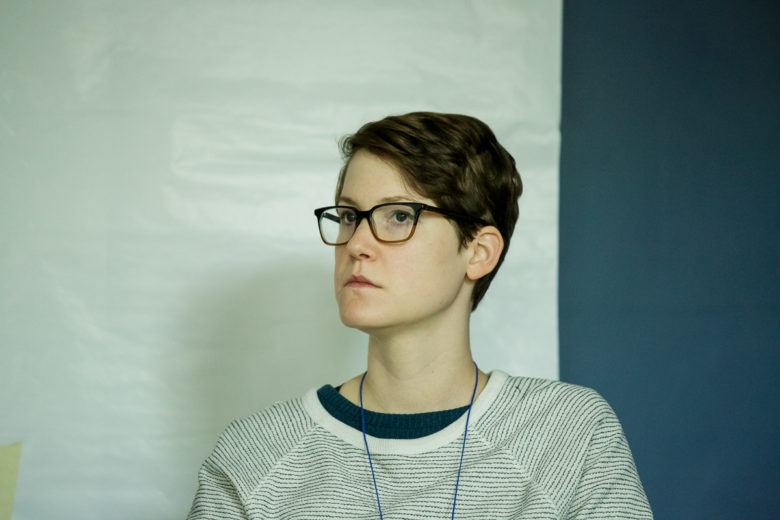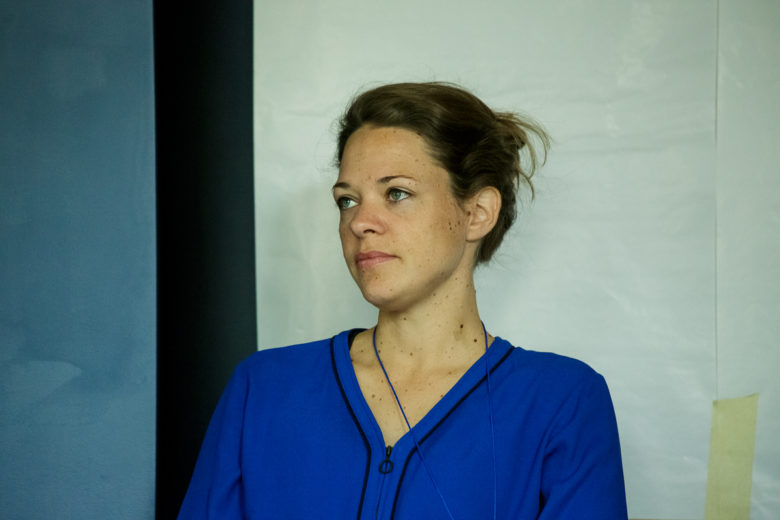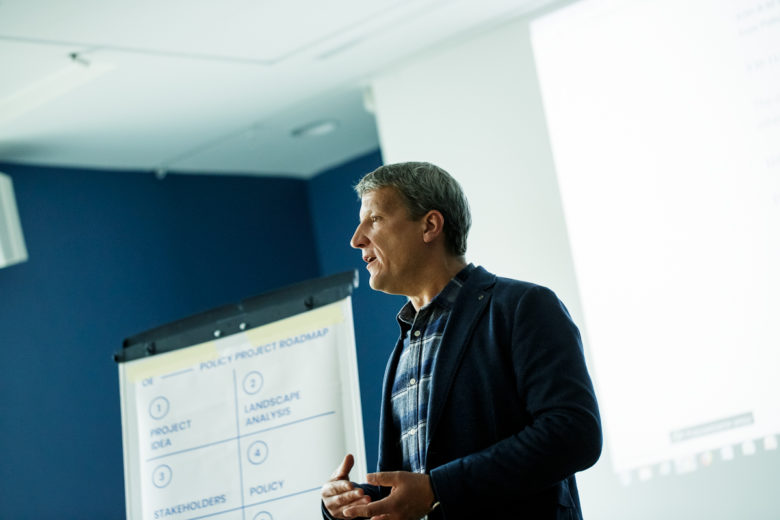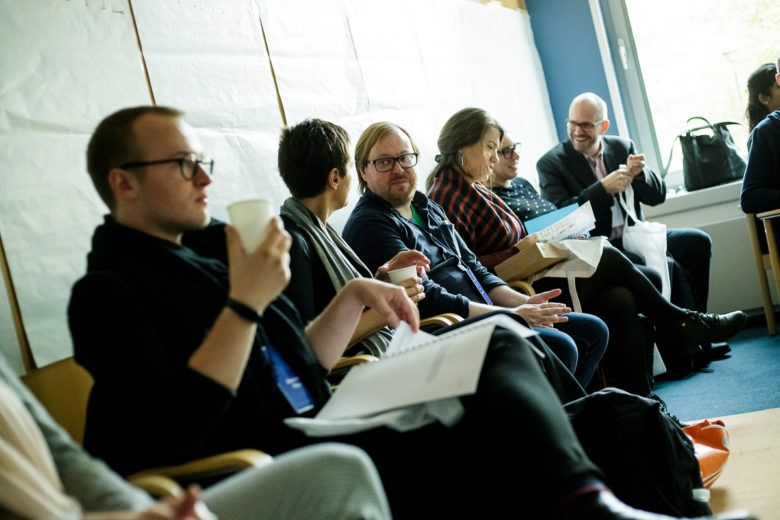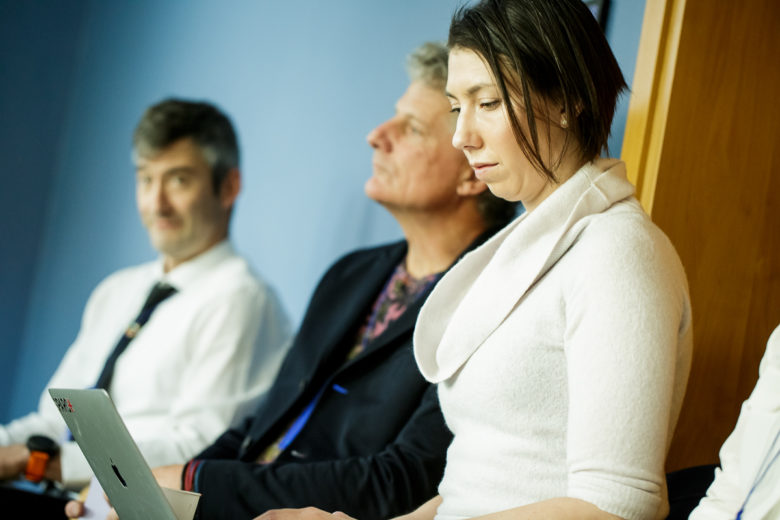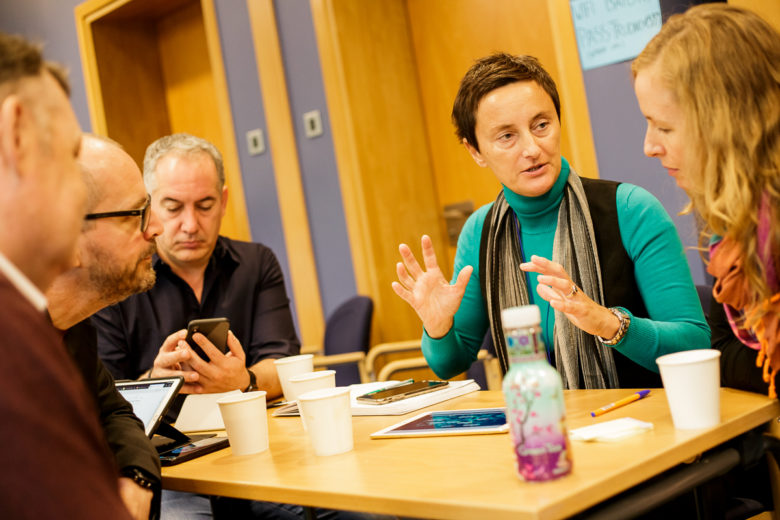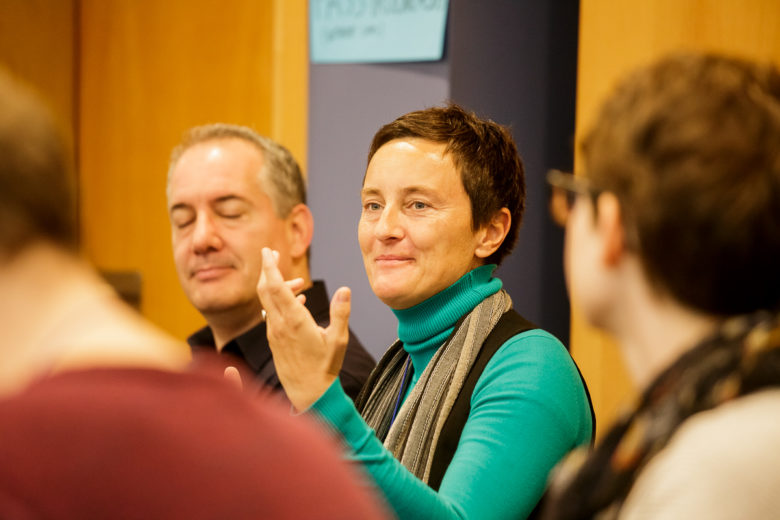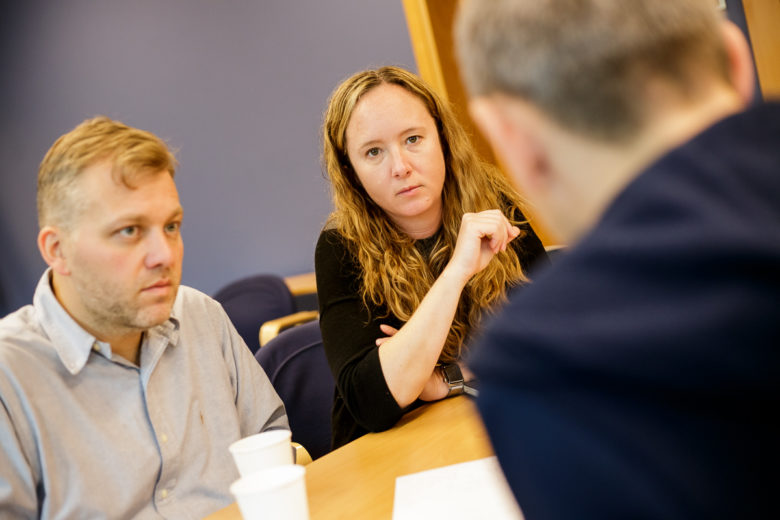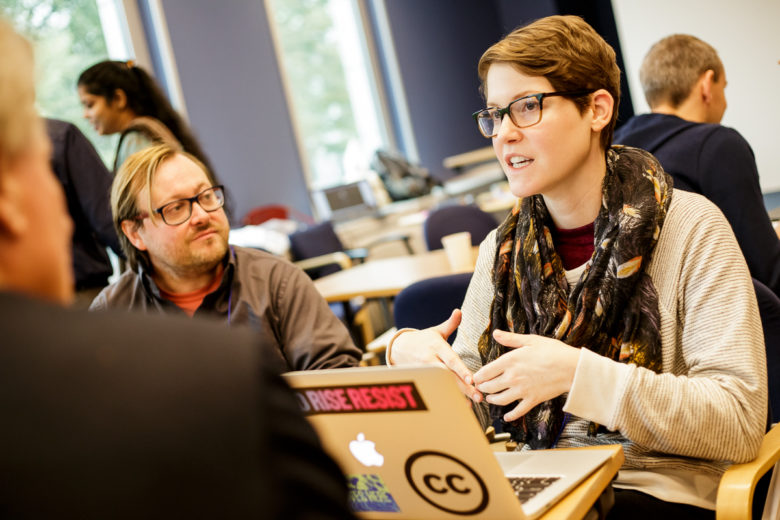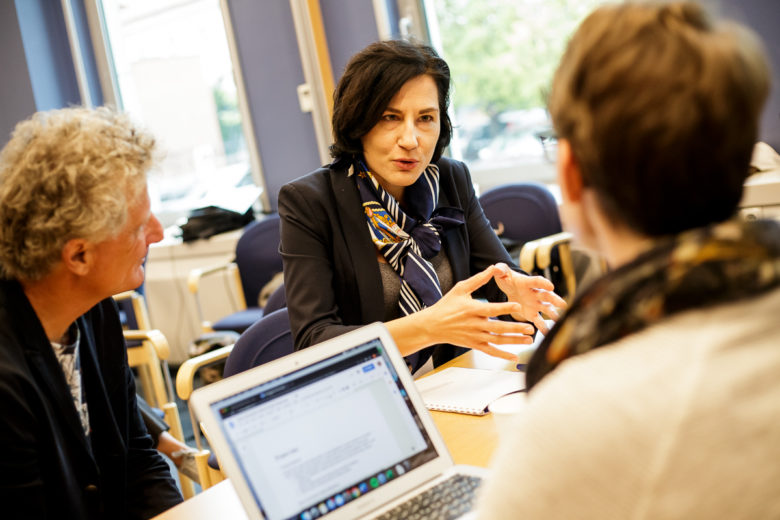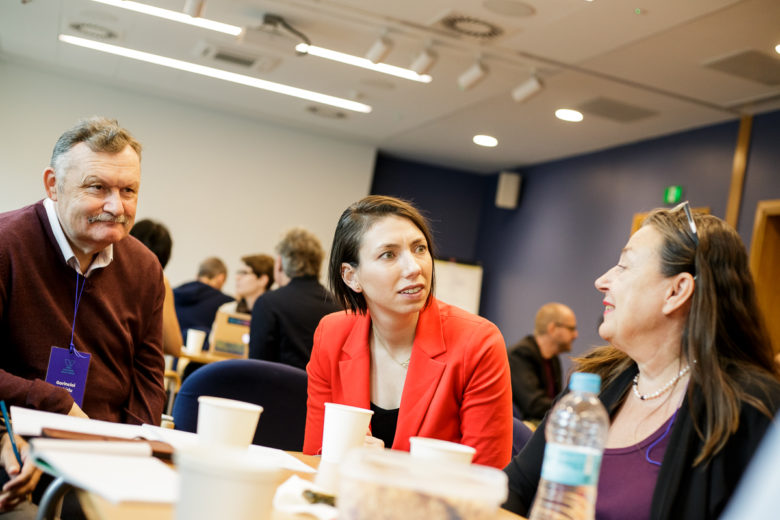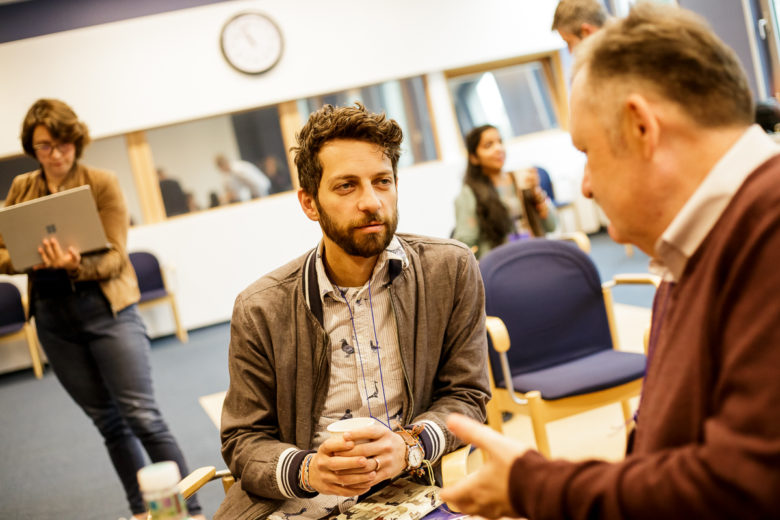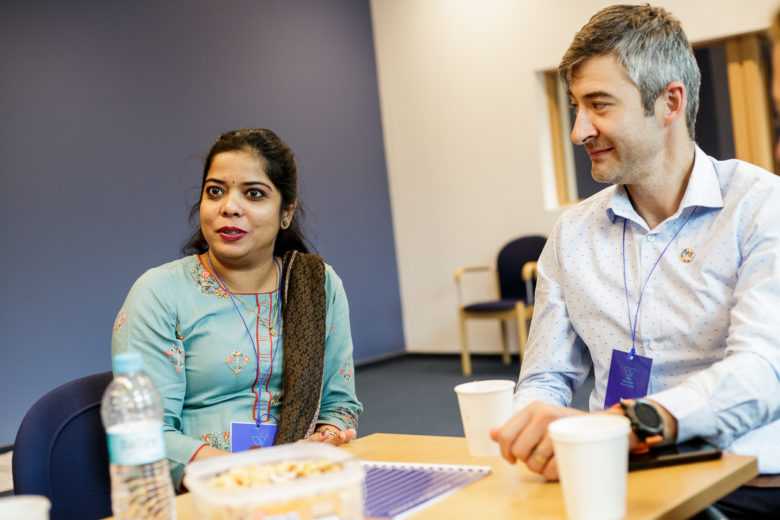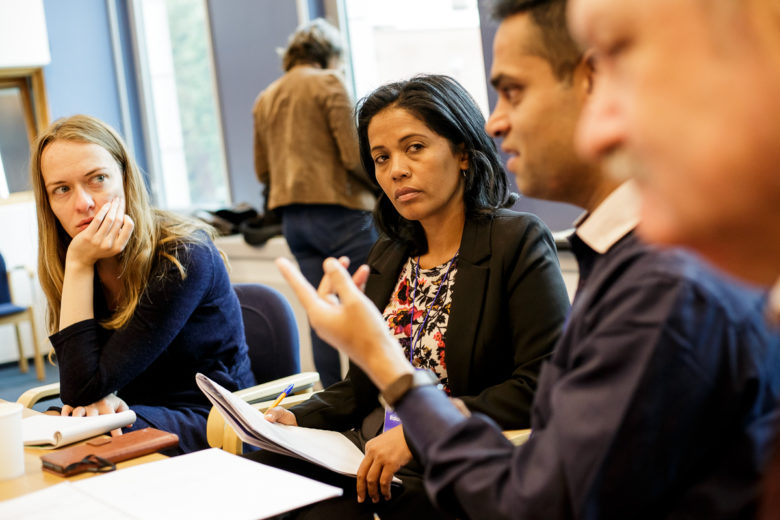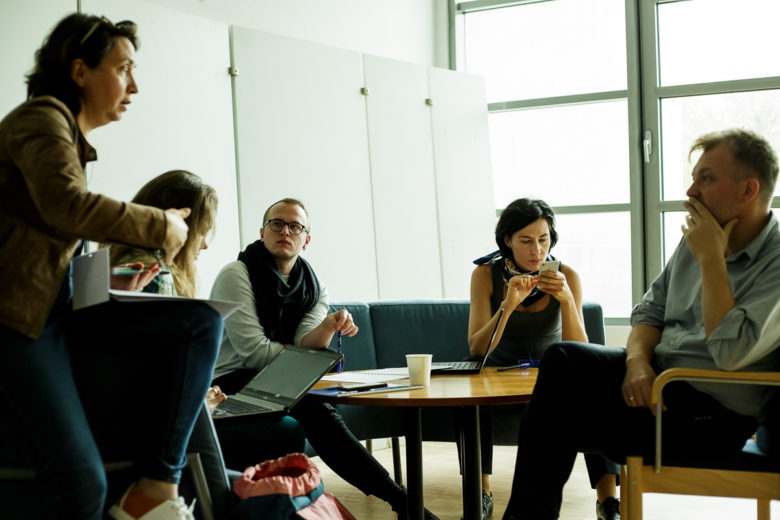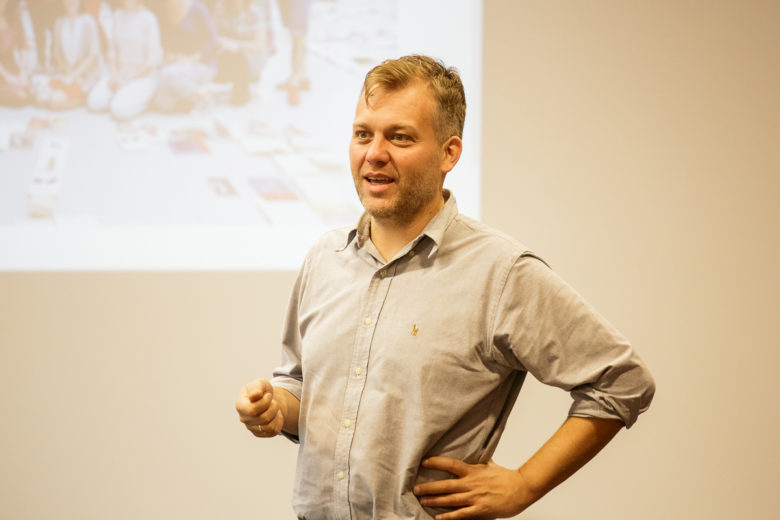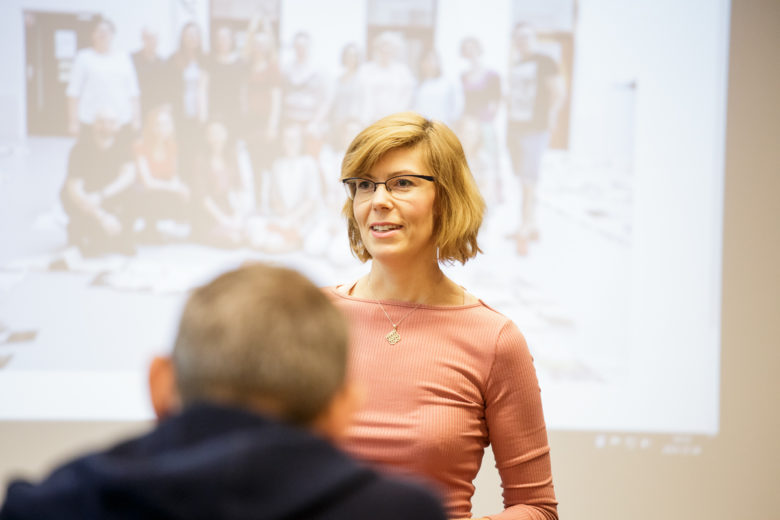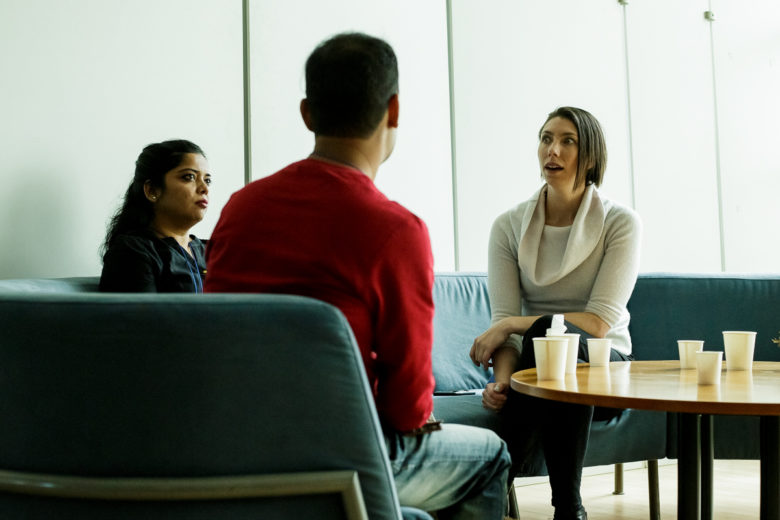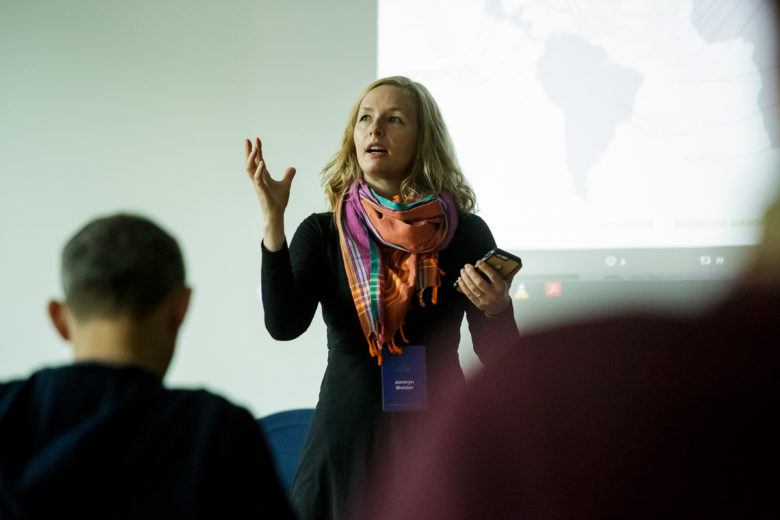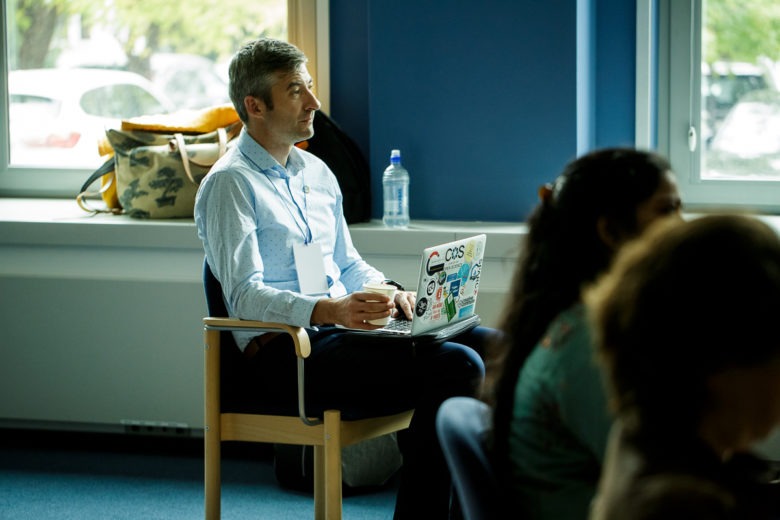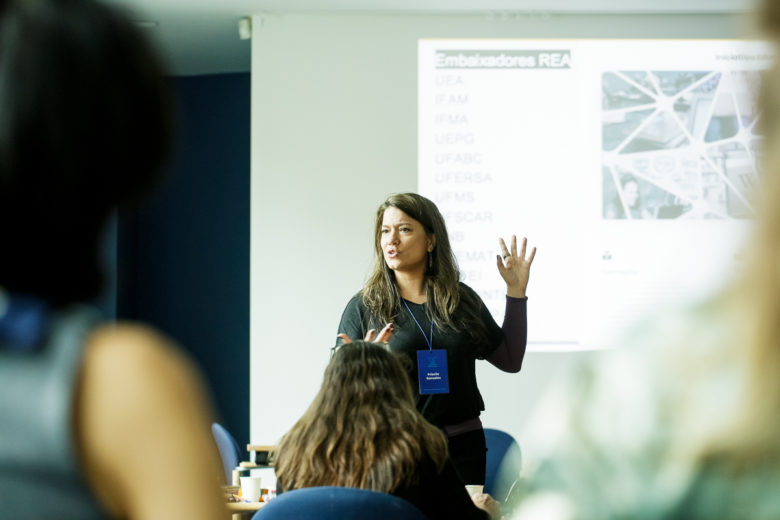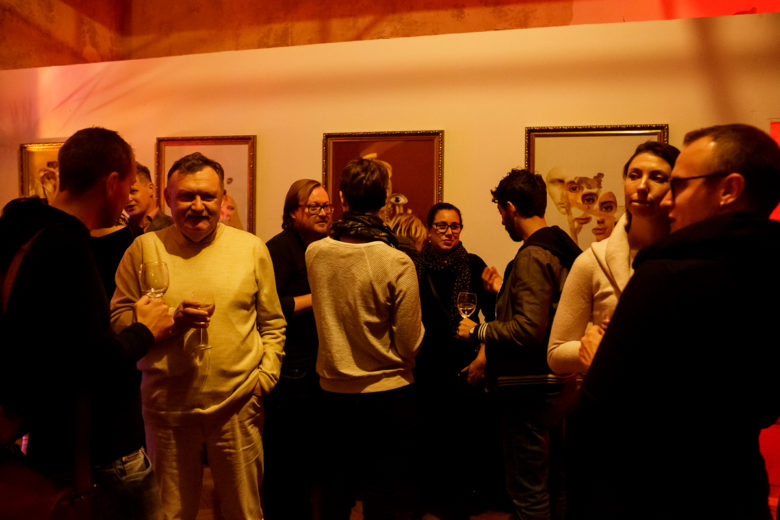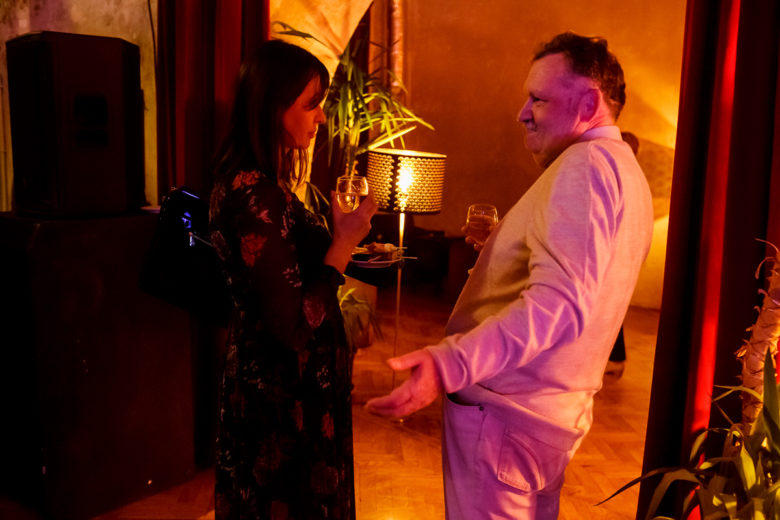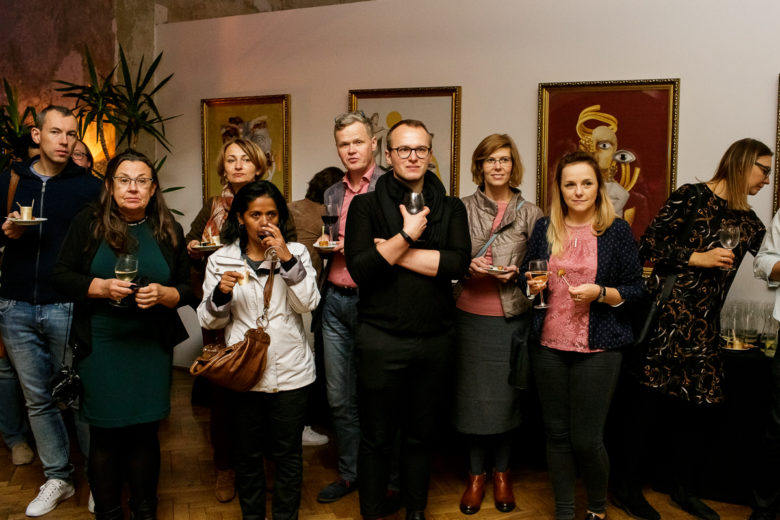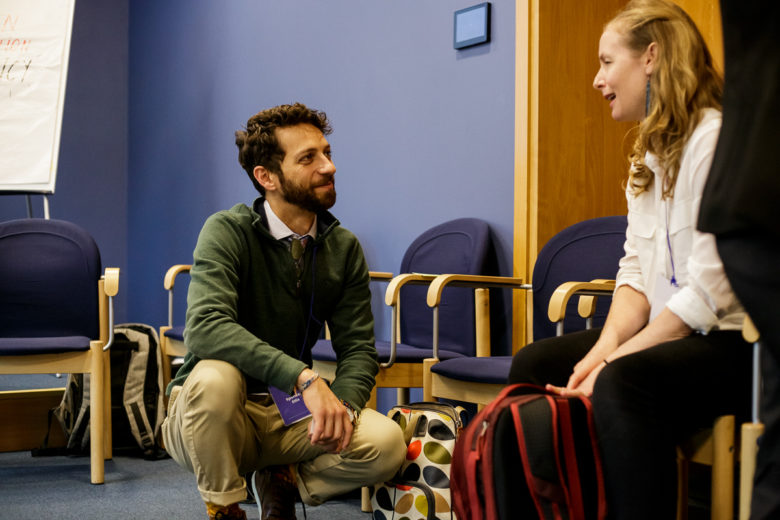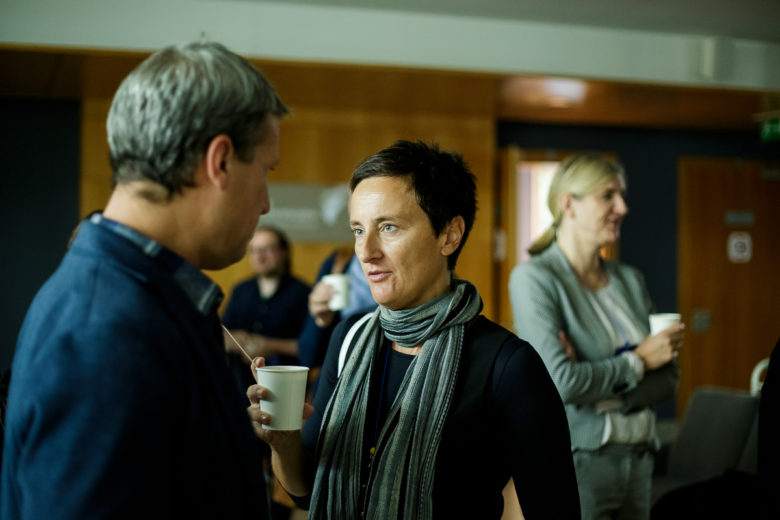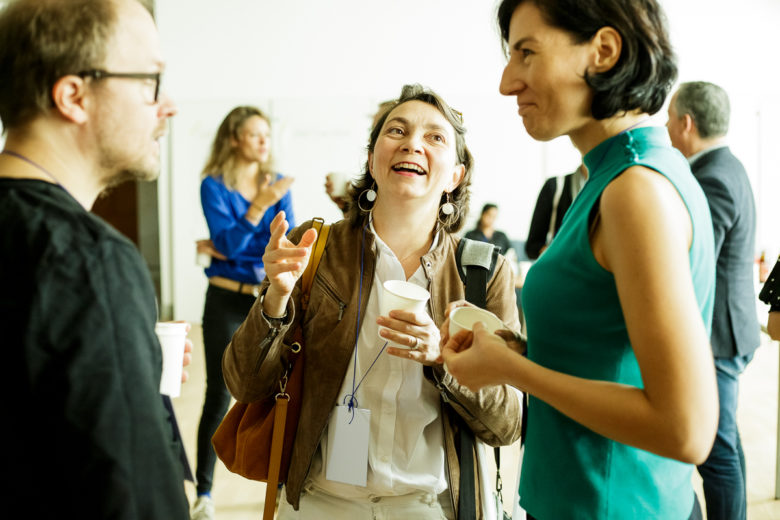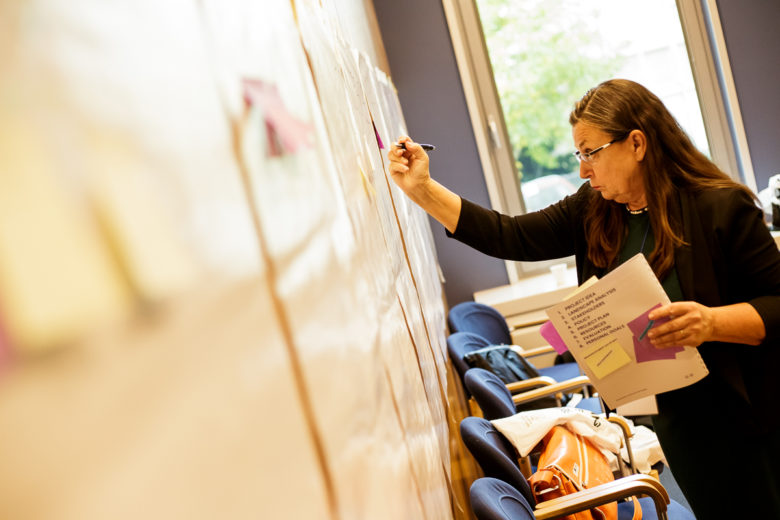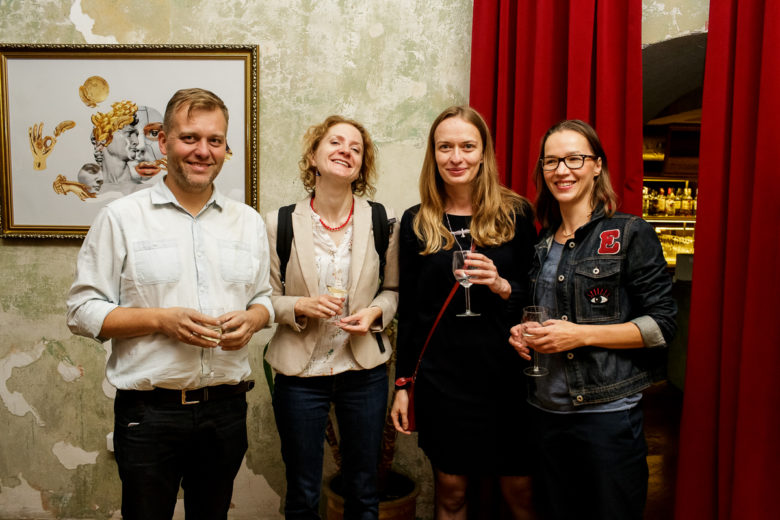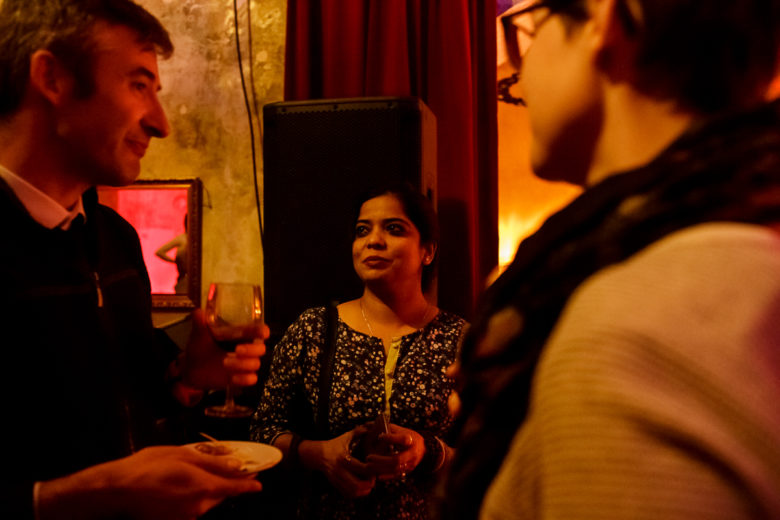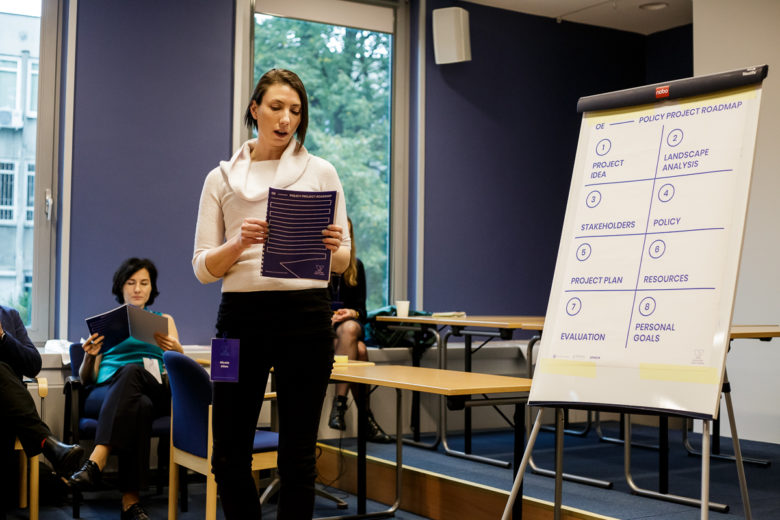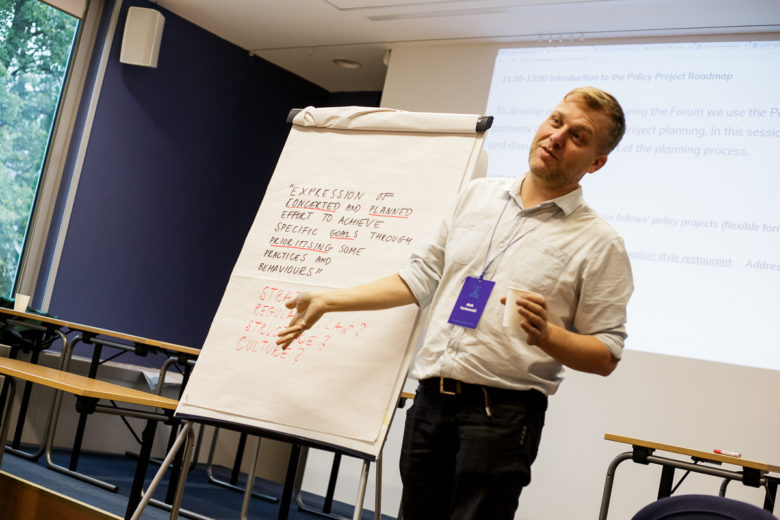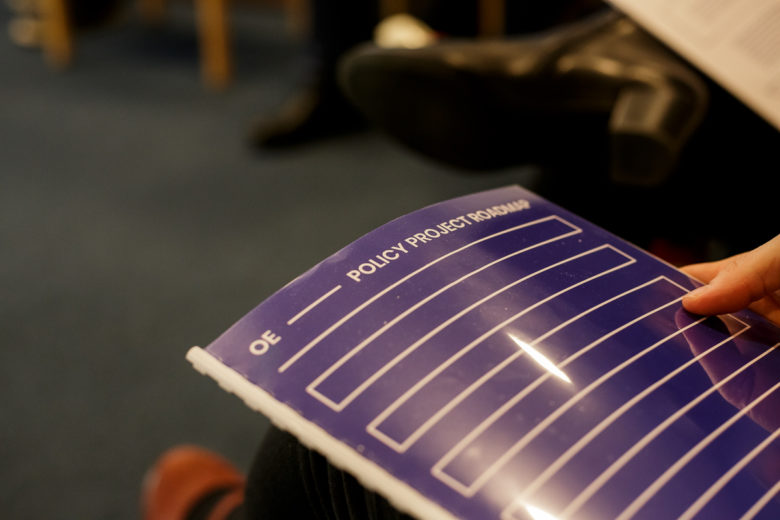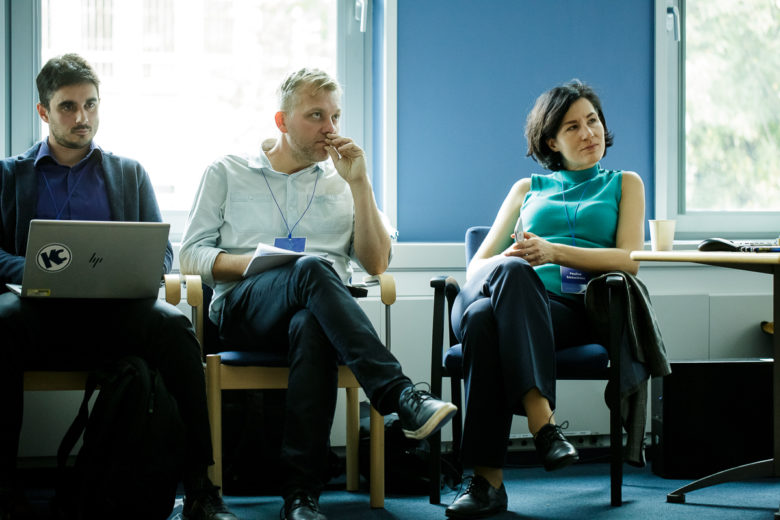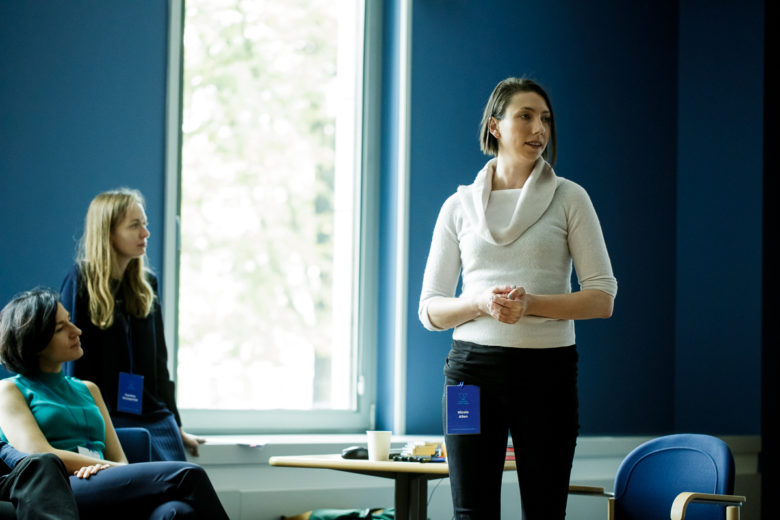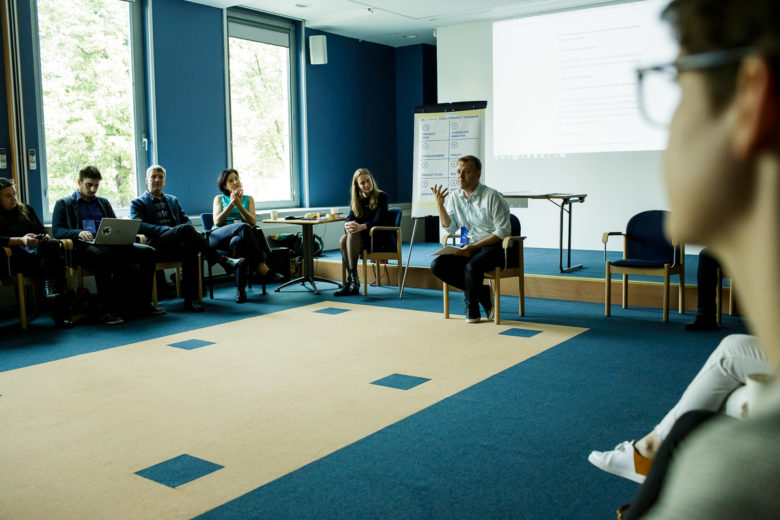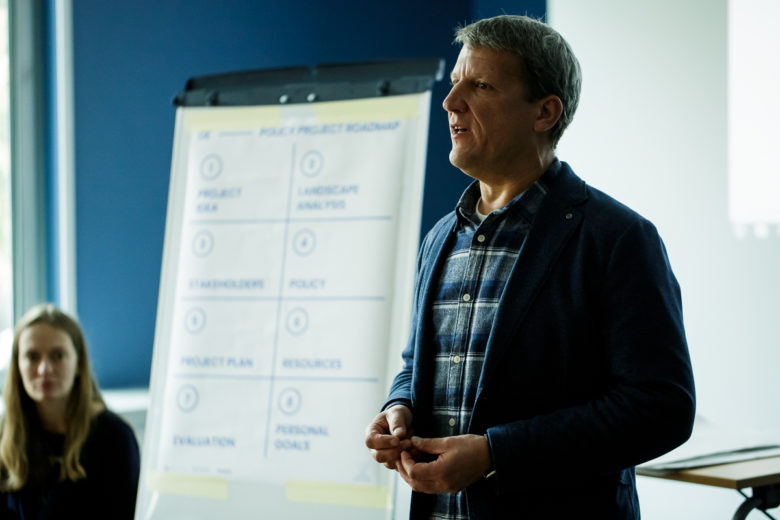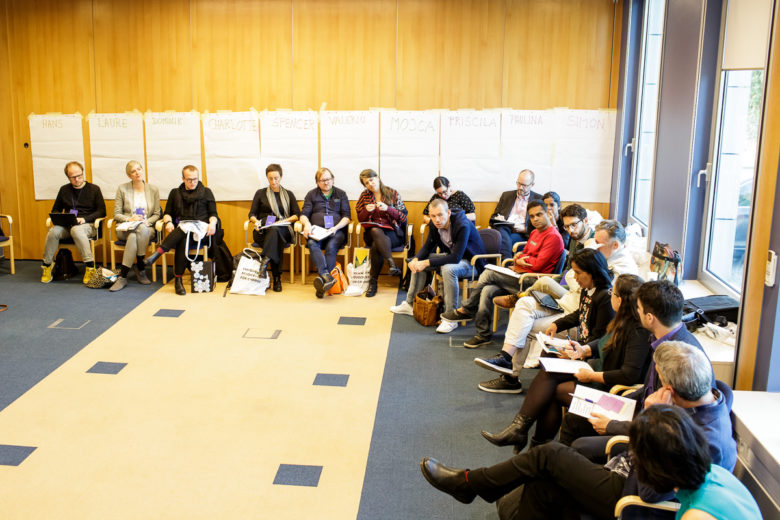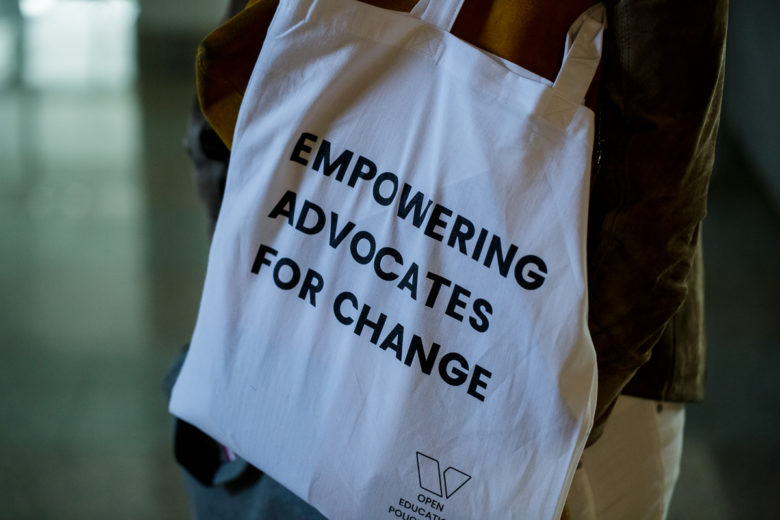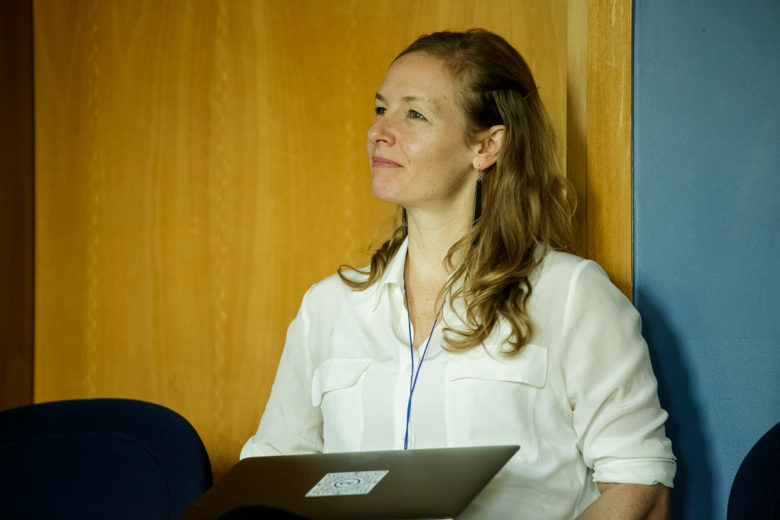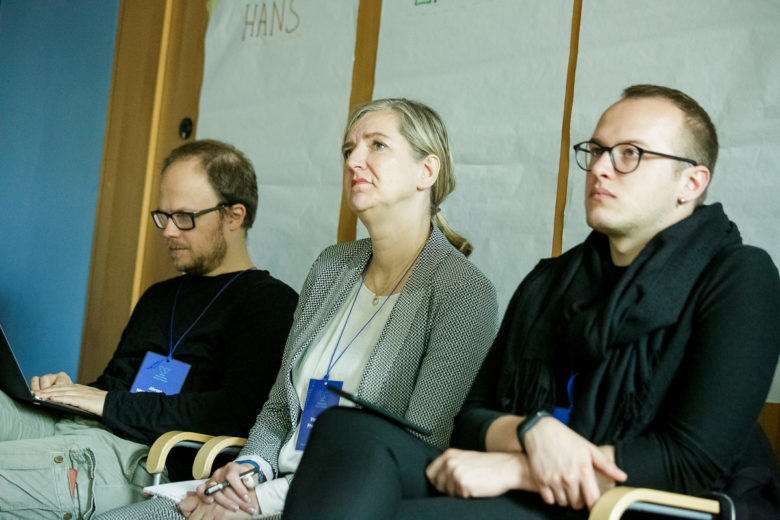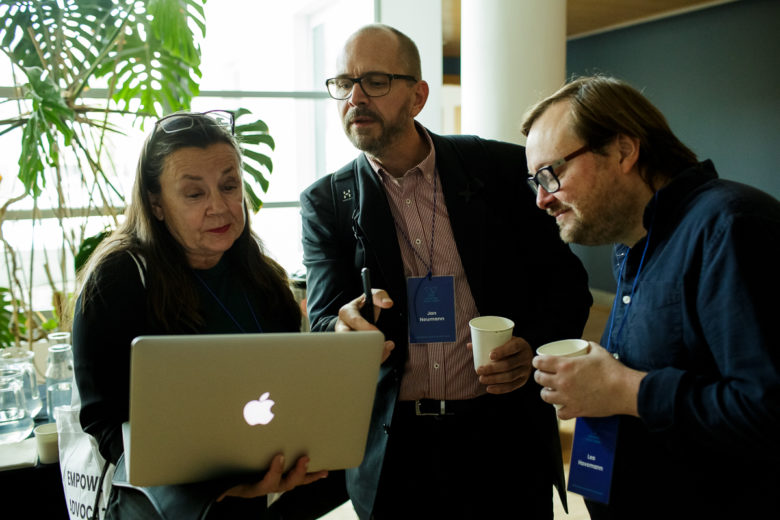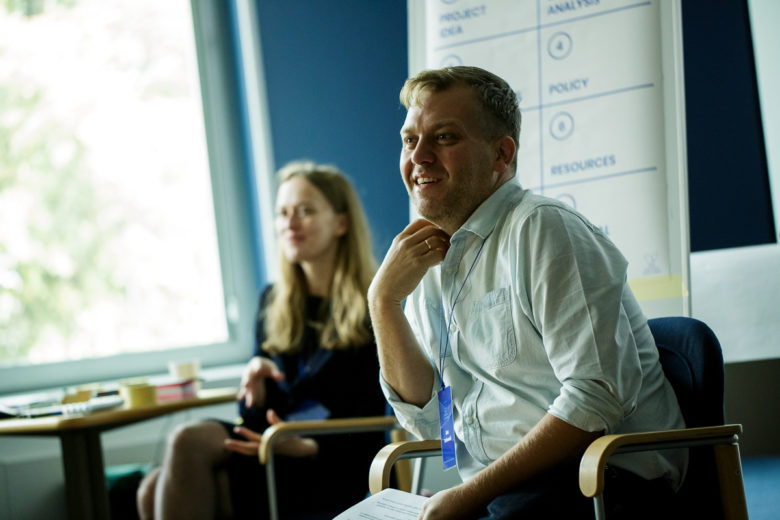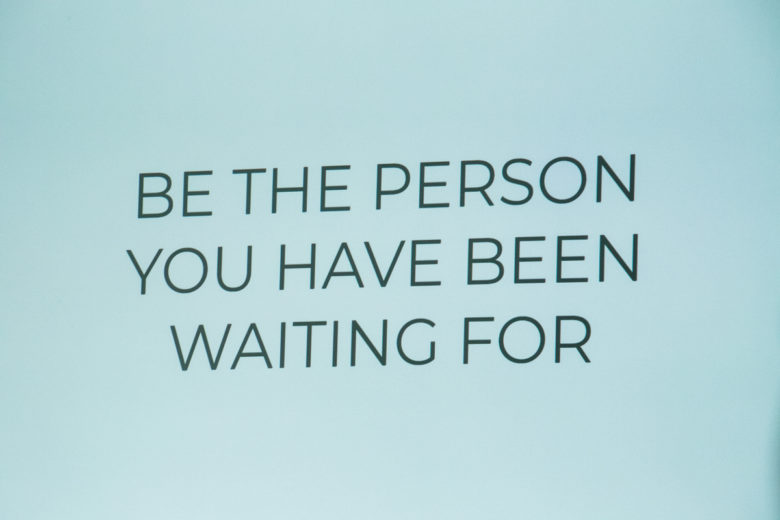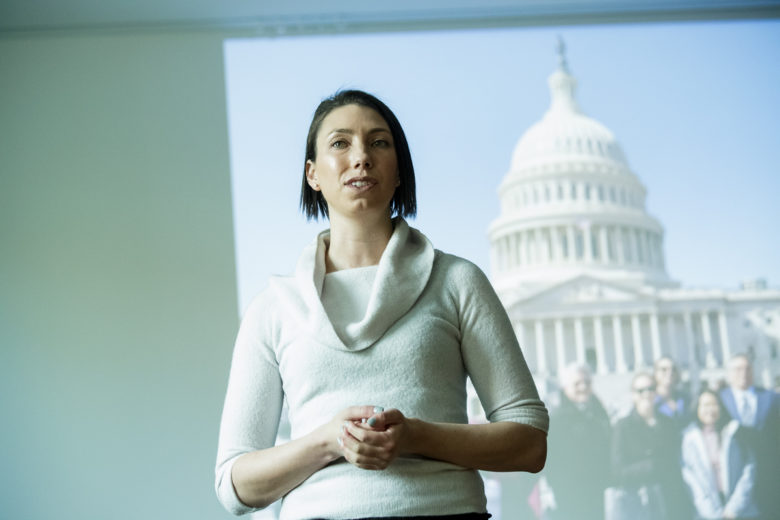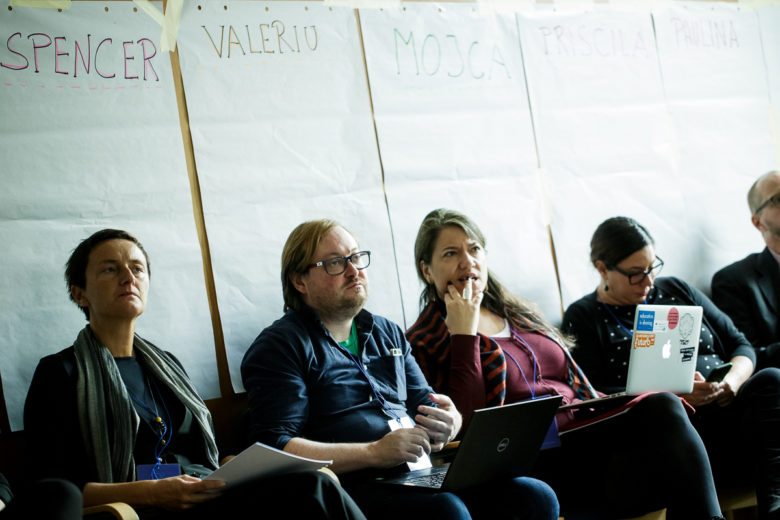Open Education Policy Forum 2019 – summary
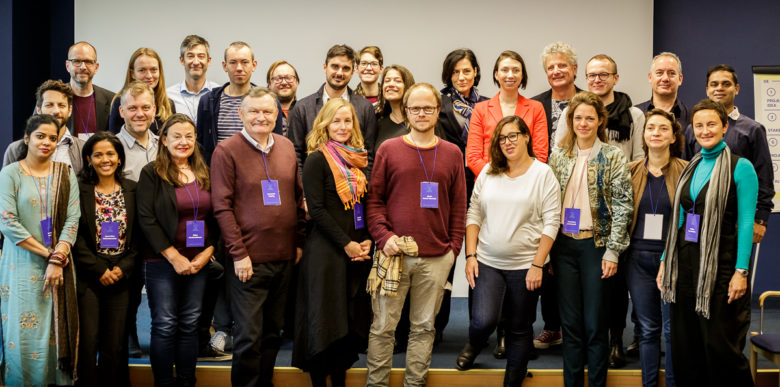
Empowering advocates for change
Last week, the Open Education Policy Forum took place in Warsaw for the fourth time. Together with our partners, the Open Education Consortium and SPARC, we introduced this year a new formula for the event – one that focused on the incubation of policy projects.
Our goal, like in the previous years, has been to create a space, in which advocates and activists working on open education policies can meet, exchange knowledge, provide mutual support and empowerment.
The Forum grows out of our experience with organizing events, big and small, and out of our belief in fundamental principles that make our movement strong: collaboration, peer to peer support and fostering strong connections. It is an event that is on purpose small and bespoke, tailored to the needs of advocates working on open education policies and co-created by them. We believe that in this manner participants from all around the world can meet in a meaningful way and share their varied experiences and expertise.
We have been designing our Forum in an iterative manner, making an effort to learn from each year’s event. We continued this year on a trajectory started at the third Forum, during which we understood that we need to shift our focus from policymakers to advocates. In previous years, we understood that it is extremely hard to engage policymakers in such grassroots events – although we are proud that we do have representatives of governmental ministries and agencies participating in our event. We have also shifted over the years from a focus on Open Educational Resources to a vision of Open Education that encompasses a variety of focal points and policy goals. Furthermore, we believe in an interdisciplinary approach that seeks connections with other forms of openness, in particular, Open Access and Open Data movements.
While the previous editions focused on European advocates, this year we decided to make the event international – and with the help of our partners brought to the Forum 29 participants from the Americas, Africa, Asia and Europe.
Most importantly, we listened to suggestions of our participants, who suggested that a policy incubation lab would be a good addition to the Forum, which in previous years focused on general debates about open policies and capacity building. As a result, we introduced significant changes to our event:
- We invited participants to become fellows of the Forum by bringing with them policy projects that they want to start or develop – 12 fellows will be developing 10 different policy projects
- Other community members participating in the event were asked to focus on providing advice and support for these specific policy projects
- The Forum was the start of a policy incubation process that will last until Open Education Week in March 2020, and hopefully continue afterwards.
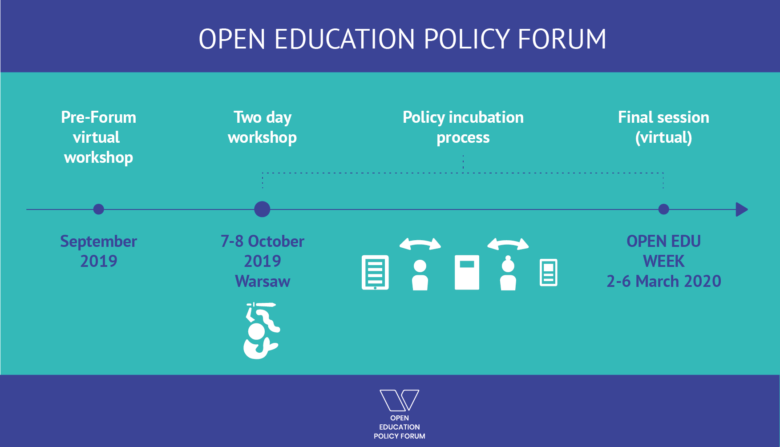
The vision of the Forum as an event connected to a longer period of remote collaboration grows out of our thinking about making sustainable events. We understood that events should not be just “points on a timeline”, but key elements in processes that run over a longer period of time. We hope that through the incubation process we will build a community of advocates that will use the Forum as the once-a-year opportunity to fuel its engagement and collaboration over the years.
Like in previous years, the Forum coincided with the meeting of SpołEd, our Polish network of teachers that build cooperation networks focused on co-creation of open educational resources. In this way, we acknowledge that policy and practice are two mutually reinforcing elements necessary for succesful open education. And we build ties between the work we do in Poland and internationally – as we believe, that most significant and interesting work can be done in this space, where local focus meets international advocacy networks.
Our Forum was organised this year ahead of the approval of UNESCO OER recommendations, planned for November. We believe that the policy incubation model, which we are testing during this year’s edition of the Forum, will be an important tool for implementing the recommendations across the world. We hope that during next year’s Fifth Open Education Policy Forum we will use this method tu support the recommendations.
Mojca Drevenšek (one of the fellows): “It is incredibly inspiring to meet at one place so many experts and practitioners so willing to collaborate, share and support. This is very rare in today’s world and therefore needs to be fully appreciated.I participated at the Open Education Policy Forum with the iEnergy project (http://oe4bw.ijs.si/project/ienergy/) – an energy-literacy related Open Education project, and am excited to have found so many potential future collaborators, partners and allies from different aspects of the OPEN arena, e.g. OER developers, Open Pedagogy, Open Education, Open Policy, Open Access, Licensing etc. Thanks to all of you and hopefully you’ll take part in this year’s Open Education for a Better World (OE4BW) UNESCO global mentoring program’s new, topic-related SDG7 Hub: http://oe4bw.ijs.si/participate/!
“Cooperation changes everything” is the motto of our work on open education policymaking. The Forum would not be possible without collaboration. We are grateful to Nicole Allen from SPARC and to Paul Stacey and Igor Lesko from the Open Education Consortium for accepting our invitation to join the team that builds the Forum. We are also thankful for the collaboration of partner organisations from Open Education networks, including Creative Commons, OER World Map and SPARC Europe. And to the various national coalitions, organisations and institutions represented by participants in our event, with whom we’re building the Open Education Policy Network.

